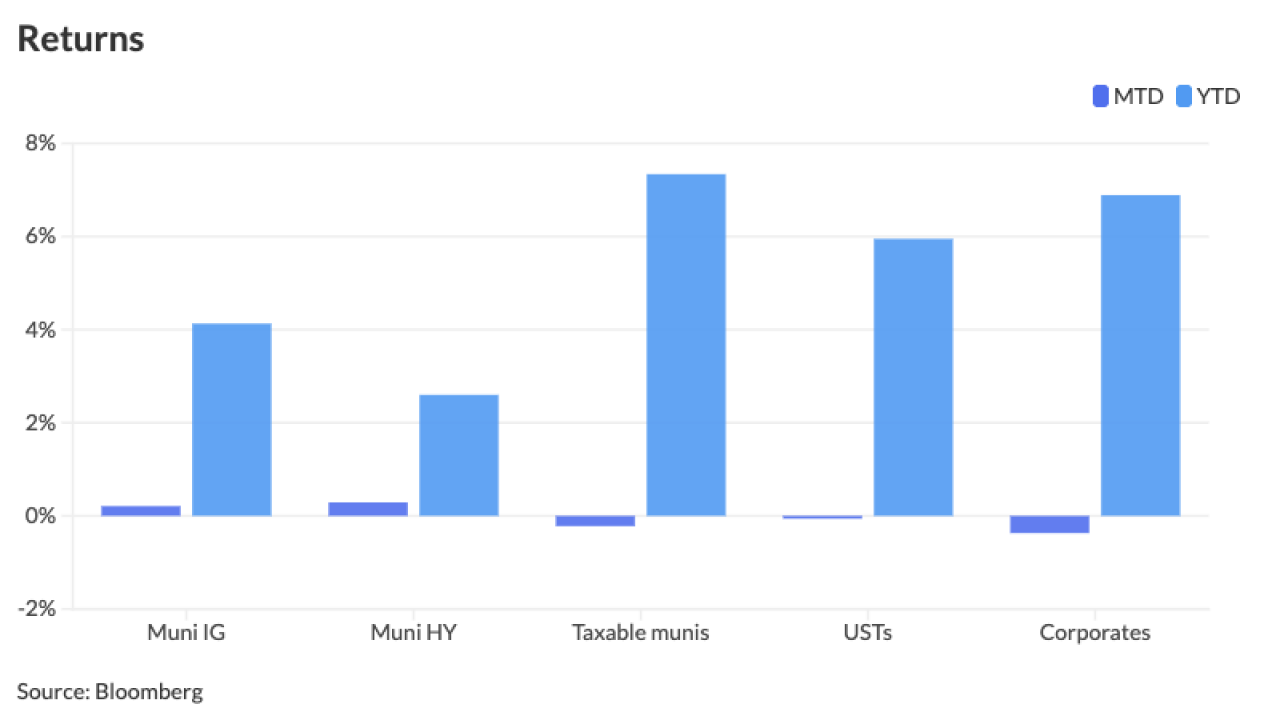BRADENTON, Fla. - The Kentucky Legislature is poised to consider a bill that would create a state-run retirement plan for people working in the private sector.
The Securities Industry and Financial Markets Association said it is opposed to the plan in an emailed column Feb. 4.
The association has also opposed similar programs being considered in other states primarily because they could be burdensome, and other options are already available for people who are not offered a retirement plan where they work.
State Treasurer Todd Hollenbach and State Rep. Martha Jane King, D-Lewisburg, announced the filing of House Bill 261 on Feb. 3.
The legislation proposes that the state establish a system that would be available for Kentuckians that would be privately administered like the Kentucky Deferred Compensation system for public employees.
The new program would be voluntary and portable if workers change jobs.
Hollenbach said there are 786,000 Kentucky workers who could take advantage of the Kentucky Retirement Account Program.
"The goal of this legislation is to promote financial freedom, give Kentuckians a choice, give employees control, save taxpayer dollars and do it in such a way that there are no ongoing costs or risks to employers or the state," said King, who is primary sponsor of the bill. Twelve other representatives signed onto the legislation.
SIFMA said on its website that it is committed to increasing retirement plan coverage for working Americans. However, "the creation of a state-run retirement plan for private-sector employees is not the most effective way to do so."
The primary reason the association sees problems with such plans is that "it would burden already fiscally-strained states with additional costs and liability to operate the programs, which are already currently available in the private market."
The association said other challenges include potential conflicts between federal laws governing retirement plans and laws enacted by individual states as well as the lack of guidance as to how state-run plans would operate under the Employee Retirement Income Security Act of 1974.
SIFMA has also opposed similar legislation being considered this year in other states, including New Hampshire, Connecticut, Minnesota, Maryland, West Virginia, and Maine.





